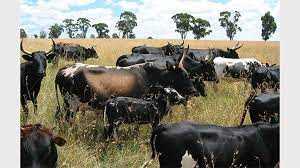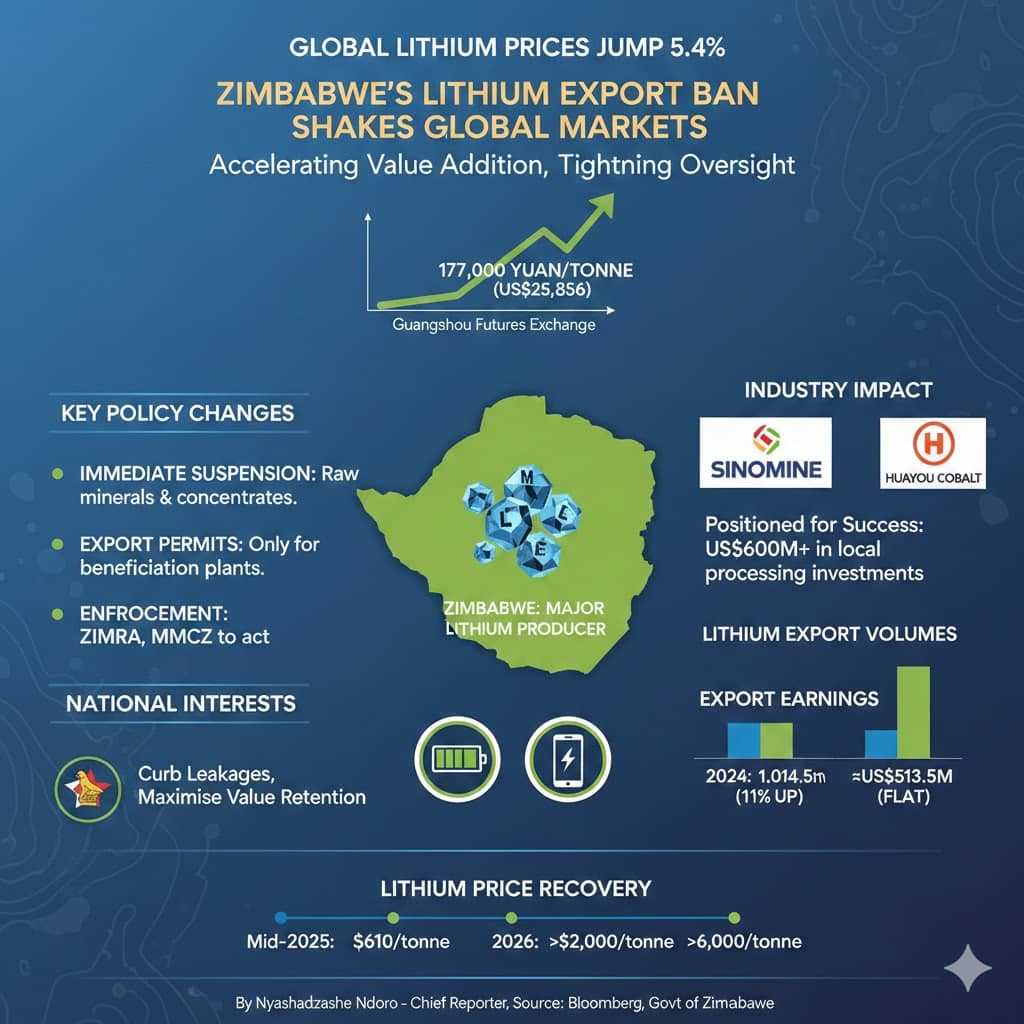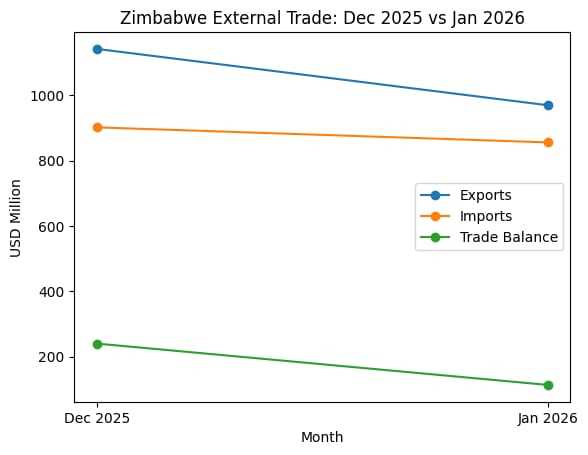
Zim Now Writer
Over 49 head of cattle succumbed to the effects of poor pastures occasioned by poor rainfall associated by the El Niño phenomenon in the Midlands, Masvingo, Matabeleland North and South provinces.
The development has led to the cumulative number of cattle that have succumbed to the effects of El Niño in the past year to 9 875.
Currently, the country is receiving rains which have resulted in the death rate of the cattle going down as pastures are now growing and fresh, clean water is readily available for the animals.
In a weekly report, the Agricultural and Rural Development Advisory Services said that in the affected four provinces, 1 488 523 cattle out of 2 882 710, were identified as high-risk animals prone to drought and poverty deaths.
However, the same report also said some parts of Binga District in Matabeleland North and Bulilima District in Matabeleland South still faced challenges with grazing pastures and drinking water.
Matabeleland South acting provincial agricultural director rural development services, Mkhunjulelwa Ndlovu said in a recent interview that livestock was in fair condition and cattle in resettlement areas, where pastures were fair, were still in a good state.
Related Stories
“We have started witnessing fewer cattle poverty deaths under Bulilima District, where a few months ago some farmers lost livestock due to acute water shortages. The water supply is gradually improving and in terms of goats, they are in a good state across Matabeleland South,” added Ndlovu.
Livestock was also improving as drinking water and grazing was now available in most parts of the country.
Farmers were encouraged to implement management practices such as providing ample shade and access to cool water, and adjusting feeding schedules to minimise the impact of heat on cattle health and welfare.
Farmers were also encouraged to establish dedicated fodder plots and provide cattle with adequate water.
Lands, Agriculture, Fisheries, Water and Rural Development Permanent Secretary, Professor Obert Jiri said although farmers did not receive rainfall on time, the situation was now sounding good, adding that the ministry was promoting the production of small stock as part of the measures to adapt to the effects of climate change.
“The season is now progressing well and our crops and livestock are showing positive results. We are also promoting the production of goats and sheep so that at least we stand a chance and mitigate the vagaries of climate change.
“The small stock is climate smart. Under this, we have the Presidential Goat Scheme and poultry programme. We are targeting 6 million head this year and by 2025 our target is 8 million. We have particular programmes of trying to climate proof our livestock through the adoption and promotion of small stock,” he said.




















Leave Comments